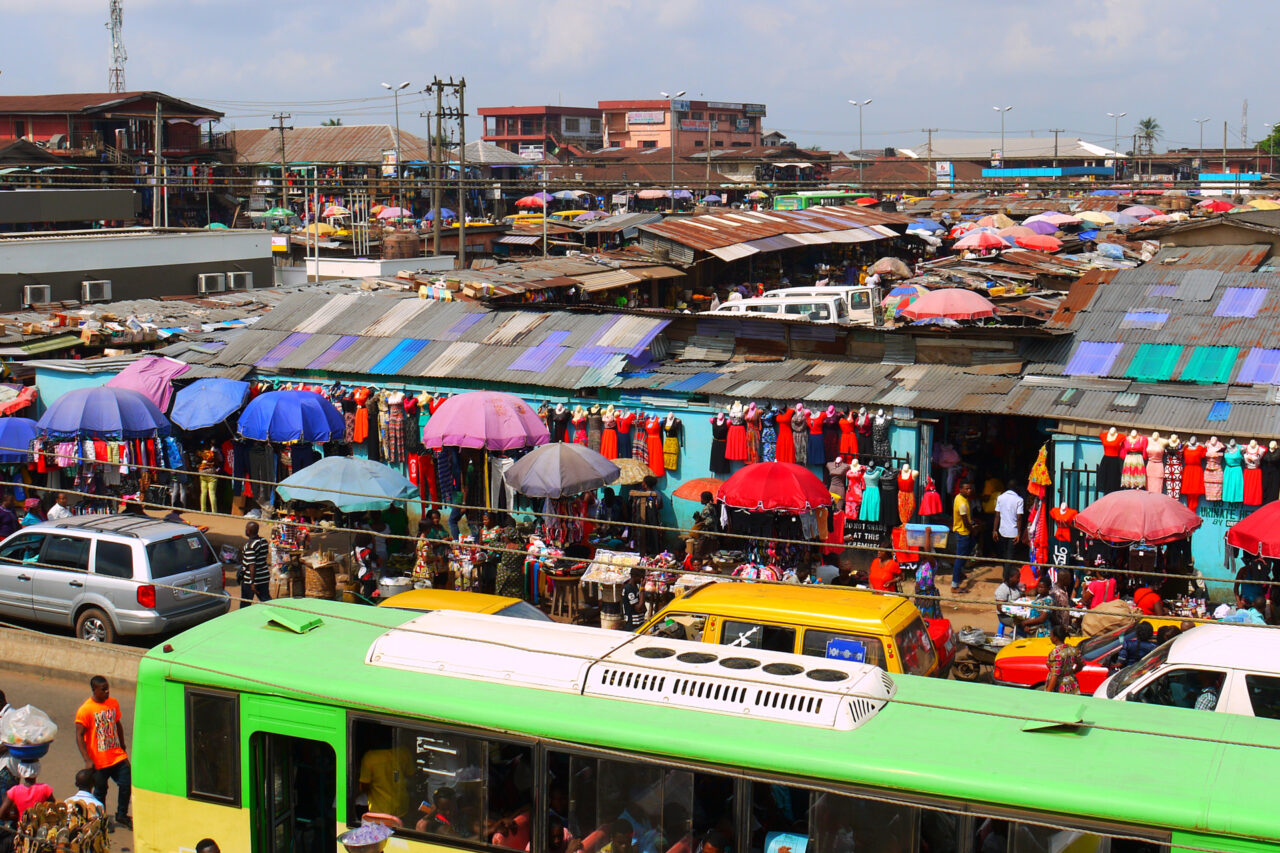It has been a turbulent year for Nigeria since President Bola Ahmed Tinubu took office. From economic hardships to security crises, Nigerians are grappling with a myriad of challenges that seem to have only intensified under Tinubu’s administration.
Tinubu’s tenure as the 16th president of the Federal Republic of Nigeria began with his inauguration on 29 March 2023. Tinubu, a chieftain of the All Progressives Congress, APC, from Lagos who previously served as the Governor of Lagos State for two terms from 1999 to 2007, took office following his victory in the 2023 presidential election over former vice president Atiku Abubakar.
As President Tinubu marks his first year in office, the atmosphere in Nigeria is one of palpable distress and mounting frustration. Hopes for a new era of prosperity have been dashed by a series of economic, security, and social challenges that have left many Nigerians in a state of despair and questioning the direction in which the country is headed.
The streets of Abuja, once bustling with activity, now tell a tale of despair. Hawkers and traders, who once thrived in the city’s vibrant markets, now struggle to make ends meet.
“Business has never been this bad,” said Mrs Chukwu, a clothes vendor in the popular Nyanya Market. “People are barely scraping by, and it is getting harder to feed our families.” The usual hustle and bustle of the market has given way to empty stalls and deserted streets.
The nation’s economic indicators have been bleak, with inflation soaring to unprecedented levels. According to StatiSense, Tinubu met the country’s inflation at 22.22 per cent and it spiked to 33.69 per cent after 11 months of his administration.
As the cost of living continues to rise, ordinary Nigerians find themselves struggling to afford basic necessities. Food prices have skyrocketed, and the value of the naira has plummeted, making everyday life increasingly unaffordable for many.
The sentiment that Tinubu’s first year in office has been marked by widespread suffering was also echoed by Ogwa John, a law student at Ahmadu Bello University in Zaria, Kaduna State. “The past year has been so bad. As a student, I can barely feed because of the high cost of food items,” said John. “I often wonder if we are in an economic holocaust.”
Tinubu’s economic policies, intended to stabilise the financial system and attract foreign investment, have continued to generate widespread criticism because they have not yielded the desired results. The removal of fuel subsidy, for instance, was aimed at reducing government expenditure and reallocating funds to infrastructure development.
However, this move has backfired spectacularly. Instead of seeing benefits in public services, Nigerians are grappling with higher costs that have not been matched by an increase in wages. The currency devaluation has further compounded these issues, with the naira losing significant value against the US dollar and other major currencies.
Beyond economic woes, security remains a significant concern. Under Tinubu’s leadership, Nigeria has seen an increase in violence from both terrorist groups and banditry.
The northeastern region remains a hotspot of Boko Haram insurgency, where attacks on civilians and military formations have intensified. The northwest and central regions are plagued by banditry and kidnappings, which have become a lucrative enterprise for armed non-state actors.
Despite the government’s efforts to combat these issues, including increased military operations and community policing initiatives, the security situation remains dire.
Mark Adebayo, the national spokesperson of the Coalition of United Political Parties, CUPP, scored President Tinubu low in security. “One year after, insecurity is on the crease,” he said. “Right here in the centre of Abuja, kidnappers and one-chance criminals are on the rampage. Just that the crime rates in Abuja are being underreported by the media and the victims because of their lack of confidence in our security agencies.”
Though the combination of economic hardship and security threats have fuelled widespread distrust in the current administration, the Minister of Information and National Orientation, Mohammad Idris said President Tinubu has taken the right steps that would move Nigeria towards a more stable and prosperous future.
“Looking at what we have focused on in these last twelve months, it is effortless to see the great possibilities and outcomes awaiting our dear country,” Idris said in a statement.
As President Tinubu’s administration enters its second year, the challenges facing Nigeria are formidable. Nigerians are demanding more than just promises; they seek tangible improvements in their living conditions.
“The government’s response to our sufferings has been slow,” said Mr Joshua, an Uber driver in Abuja. “It makes us feel abandoned and frustrated. We can’t continue like this.”
Latest posts by By Ezinwanne Onwuka (Senior Reporter) (see all)
- Senate Approves Tinubu’s Request to Deploy Troops to Benin - December 9, 2025
- PDP Governors Down to 6 As Governor Fubara Joins APC - December 9, 2025
- Federal Government Secures Release of 100 Abducted Schoolchildren - December 8, 2025
previous
Primate Ayodele Warns Against Negative Prophecies For Govts In Power
next

